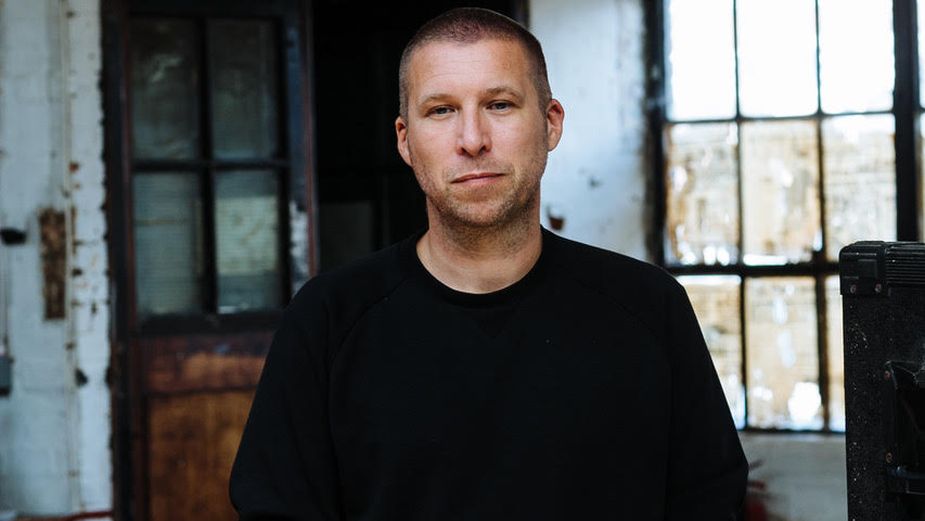
Football, Racism and Social Media: Time for Brands to Step Up and Step In?

I’m (comfortably) old enough to remember the mainstream birth of the Internet.
I remember clearly seeing an email address appearing on Blue Peter and not really knowing what it was and using GeoCities to create a website for my University football team. Downloading music from Limewire and Napster, and buying CDs online, the digital world slowly (in fact, pretty quickly) enveloped us all.
I remember the magic of ICQ and MSN Messenger as a route to having live conversations with friends around the world, and the democratisation of content brought about by new web technologies and that now-quaint term Web 2.0.
And I remember reconnecting with very old friends on Facebook, an initial, exciting frenzy of ‘friending’ that saw old real-world connections become binary, digital ones. And as phones ceased to be phones but windows into the cloud, we had information whenever we needed it.
There were Dancing Babies, Piano Cats and Charlie Bit My Fingers everywhere as the consumers became the creators and we all begun to stake out our own little piece of the digital world.
And it was fucking free!
And it was fun.
Until it wasn’t.
I’ve thought for a long time now that we’ll look back at this period of time in the history of the Internet as a sort of wild west. A time when everyone had unfettered access to do pretty much whatever the fuck they wanted, with little chance of being stopped - as this week’s predictably heart-breaking treatment of England’s young black players has shown.
Both the social media giants and the government seem impotent to take steps to eradicate this sort of behaviour. The platforms cite ethics and tech-utopian rationales as reasons not to demand that users provide identification documents to set up user accounts, and the government, well they seem to be as comfortable with the platforms as a means to stoke disharmony and misinformation as they are disingenuous in their outrage for the behaviour of the racists on them.
Which leaves a gap and an opportunity for brands to step in and perhaps offer help. Whilst I’ve never been one to overstate the role that brands play in the lives of ordinary (e.g. people that don’t work in advertising) people, they are able to exert a huge amount of pressure on the platforms on which they advertise.
And if they could come together and form an alliance that demanded that this problem was fixed before they commit a single pound more to advertising on the platform, then I’m sure change would happen.
We saw brands take action late last year in the name of #StopHateForProfit, where over 1,000 brands took action in response to Facebooks handling of misinformation and hate speech. It was limited and short-lived, but it shows that if there is the desire, then brands can take action and impact a platform’s reputation as well as its bottom-line.
There is a simple question here.
Do we believe that we should live in a society where people are free to direct racist abuse at individuals in complete anonymity? And if – like I believe all fair-minded people would agree – this is not the case, then we must require a clear, unequivocal link to be made between a user account and an individual.
This is not a civil liberties debate, you have the freedom to use this amazing technology however you wish, whenever and wherever you like. But there are repercussions at an individual level if you decide to use it to abuse others. Like CCTV – drive your car where you like but if you inadvertently drive the wrong way up a one-way street in Streatham, we’ll send you a letter demanding some money (I didn’t see the sign!).
The flipside of that is the continuation of this narrative and the further platform-ification of hate. Brands that reflect a view of modern, global consumers, don’t want to be part of that. That Boris, Priti et al seem unable to get their heads around the damage this is doing to brand Britain is baffling.
This isn’t a technology challenge.
If we are bright enough to have a billionaire treating himself with a trip to space, then we are very capable of finding a solution to preventing idiots using monkey emoticons to abuse footballers. It requires a movement strong enough to get the change to happen.
As marketers and people who work with them, we need to help.
Make noise, drum up support, get together, and importantly put these platforms’ commercial viability at-risk in order to get them to fix a gaping hole in their ethics.
When the Internet was merely an add-on to life, the issue wasn’t as pressing.
But in a world where there is no offline anymore, it’s time for brands to act.













